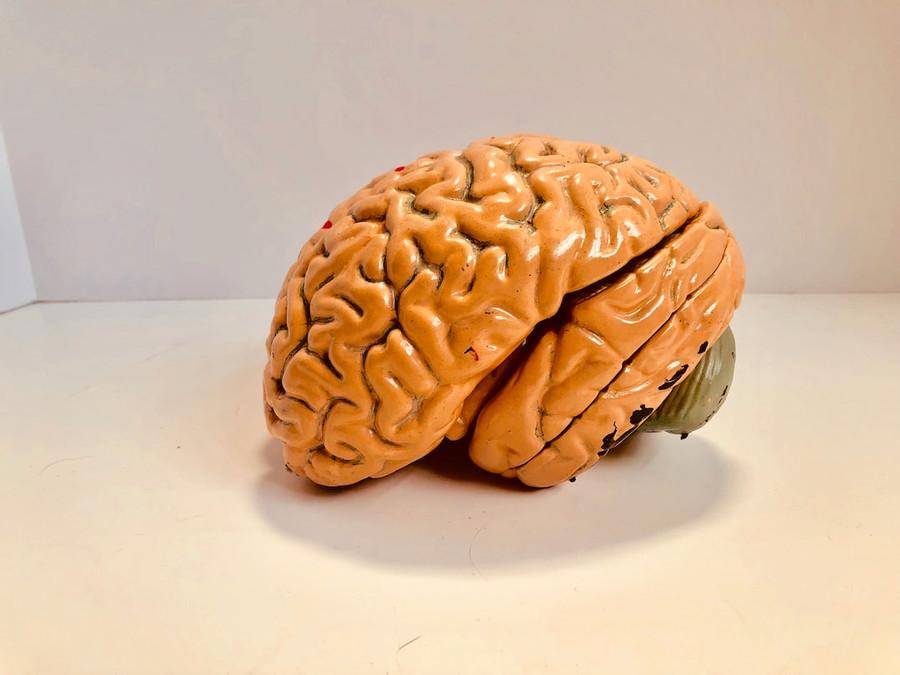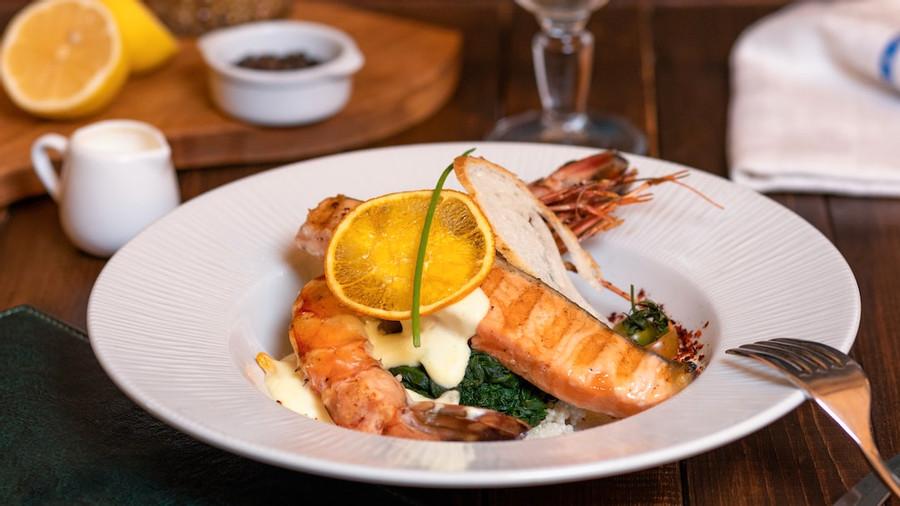Do This And Your Memory Will Instantly 10X
Ideas, facts & insights covering these topics:
15 ideas
·20.2K reads
172
7
Explore the World's Best Ideas
Join today and uncover 100+ curated journeys from 50+ topics. Unlock access to our mobile app with extensive features.
Do This And Your Memory Will Instantly 10X…
Must read !
Caution: long article ahead
Also, helpful article ahead !
These tips and tricks are some of the most effective methods for improving memory.
182
2.4K reads
1. Learn something new
Memory strength is just like muscular strength. The more you use it, the stronger it gets. But you can’t lift the same size weight every day and expect to get stronger. You’ll need to keep your brain constantly challenged. Learning a new skill is an excellent way to strengthen your brain’s memory capacity.
There are many activities to choose from, but most importantly, you’ll need to find something that forces you out of your comfort zone and commands your full attention.
Here are some examples:
• learn a new instrument
• make pottery
• play mind games, like Sudoku or chess
• learn a new language
175
1.77K reads
2. Repeat and retrieve
Any time you learn a new piece of information, you’re more likely to mentally record that information if it’s repeated.
Repetition reinforces the connections we create between neurons. Repeat what you hear out loud. Try using it in a sentence. Write it down and read it aloud.
170
1.72K reads
3. Try acronyms, abbreviations, and mnemonics
Mnemonic devices can be in the form of acronyms, abbreviations, songs, or rhymes.
Mnemonics have been tested simce 1960s as an effective strategy for students. You’ve probably been taught a few mnemonic devices for remembering long lists. For example, the colors of the spectrum can be remembered with the name ROY G. BIV (Red, Orange, Yellow, Green, Blue, Indigo, Violet).
159
1.47K reads
4. “Group” or “chunk” information
Grouping or chunking refers to the process of dividing newly learned information into chunks to produce fewer, larger chunks of information. For example, you may have noticed that it’s much easier to remember a phone number if the 10 digits are grouped into three separate chunks (e.g. 555-637-8299) rather than one long number (5556378299).
164
1.32K reads
5. Construct a “mind palace”
The mind palace technique is often used by memory champions. In this ancient technique, you create a visual and complex place to store a set of memories.
For more instructions on how to create memory palaces, watch 2006 U.S. Memory Champion Joshua Foer’s TED talk.
Here's the name: Feats of memory anyone can do
194
1.4K reads
6. Use all of your senses
Another tactic of memory connoisseurs is that they don’t just rely on one sense to help retain information. Instead, they relate information to other senses, like colors, tastes, and smells.
160
1.3K reads
7. Don’t turn to google right away
Modern technology has its place, but unfortunately has made us “mentally lazy.” Before you reach for your phone to ask Siri or Google, make a solid attempt to retrieve the information with your mind. This process helps reinforce the neural pathways in your brain.
164
1.25K reads
8. Keep yourself busy
A busy schedule can maintain your brain’s episodic memory. One study linked busy schedules to better cognitive function. This study, however, was limited by self-reporting.
159
1.32K reads
9. Sleep on a regular schedule
Go to bed at the same time every night and get up at the same time each morning. Try not to break your routine on the weekends. This can greatly improve sleep quality.
160
1.12K reads
10. Eat more of these foods:
Diets such as the Mediterranean diet, DASH (dietary approaches to stop hypertension), and the MIND diet (Mediterranean-DASH intervention for neurodegenerative delay) have a few things in common. This includes their ability to improve memory and reduce the risk of Parkinson’s and Alzheimer’s disease.
These diets focus on eating:
• plant-based foods, especially green, leafy vegetables and berries
• whole grains
• nuts
• legumes
• chicken or turkey
• olive oil or coconut oil
• herbs and spices
• fatty fish, such as salmon and sardines (lots of omega-3!)
• red wine, in moderation
170
995 reads
11. Eat less of these foods:
Proponents of the Mediterranean and MIND diets say to avoid the following foods:
• sugar
• processed foods
• butter
• red meat
• fried foods
• salt
• cheese
Sugar and fat has been linked to impaired memory. A recent study in humans found that a diet high in fats and sugars — common in a Western diet — impairs hippocampal memory. However, the study relied on questionnaires and surveys, which may not be as accurate.
163
993 reads
12. Get physical
Exercising has been shown to have cognitive benefits. It improves oxygen and nutrient delivery to the body, and helps to create new cells in the brain which are essential for memory storage. Exercise especially increases the number of cells in the hippocampus.
There’s no need for the exercise to be strenuous. Walking, for example, is a great choice.
161
927 reads
13. Drink water
Your brain is made mostly of water. Water acts as a shock absorber for the brain and spinal cord. It helps our brain cells use nutrients. So just a small amount of dehydration can have disastrous effects. Mild dehydration has been shown to cause brain shrinkage and memory impairment.
Aim for at least eight to ten glasses per day, or more if you’re very active.
164
934 reads
The bottom line
Our memory is a skill, and just like other skills, it can be improved with practice and healthy overall habits.
Thanks for reading !
Follow for more.
160
1.33K reads
IDEAS CURATED BY
A Geek | SM enthusiast | Entrepreneur | Writer/Curator | Visionary | Product designer (UX/UI)
Similar ideas
Read & Learn
20x Faster
without
deepstash
with
deepstash
with
deepstash
Personalized microlearning
—
100+ Learning Journeys
—
Access to 200,000+ ideas
—
Access to the mobile app
—
Unlimited idea saving
—
—
Unlimited history
—
—
Unlimited listening to ideas
—
—
Downloading & offline access
—
—
Supercharge your mind with one idea per day
Enter your email and spend 1 minute every day to learn something new.
I agree to receive email updates









